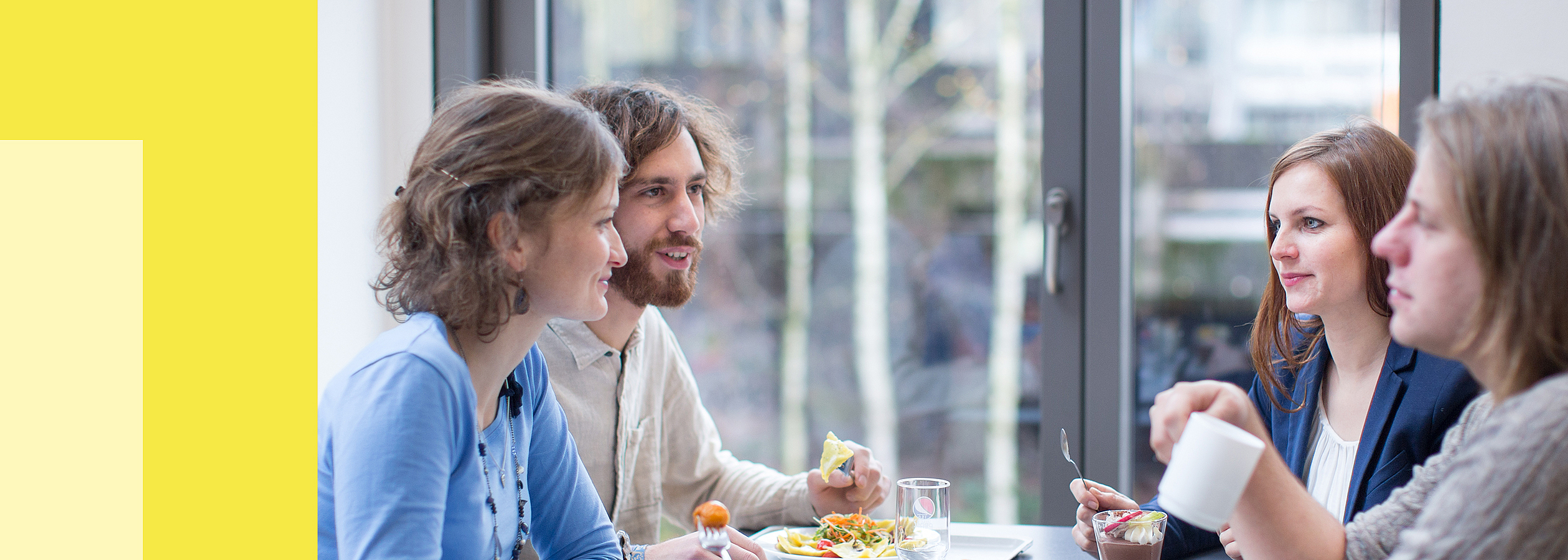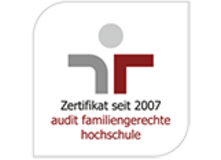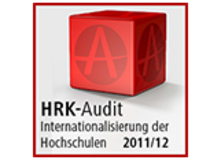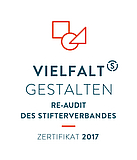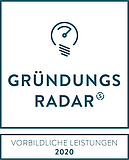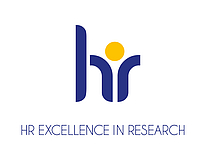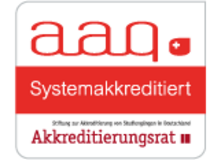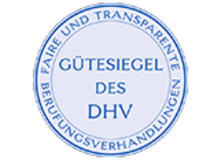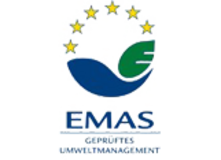Modern societies are also referred to as “decision-making societies.” Individual and collective decision-making processes have long been the subject of research in the social sciences and humanities, especially in psychology and economics. But people aren’t the only ones making decisions. In the natural and engineering sciences, different disciplines are investigating the question of whether and to what extent it is possible to speak of cells, fungi, animals, or computers making decisions. The EU research project “iBorderCtrl,” for example, currently shows just how virulent this topic is. It examines whether and how computer-animated “border officials” and artificial intelligence software can be used to decide who is allowed to enter at Europe’s external borders and who is not.
Added Value through Bundled Expertise
Researchers at the University of Bremen are currently investigating individual and collective decision-making in various disciplines and faculties. Students can deepen their knowledge of the topic in two successful master’s degree programs at the University of Bremen. With the Institute for Decision Research, researchers in this field hope to bring together their existing expertise. The aim is to intensify the exchange on research and teaching and to communicate the topic jointly to the interested public. Various activities such as workshops, lecture series, discussion forums, and possibly a series of publications are planned.
Exchange between Science, Business, and Society
The center strives for a transfer between theory and practice. “Decisions often have enormous political, financial, or technical implications. Here, findings from research can help to systematically address the pressing problems of our time. We therefore want to enter into an exchange with interested persons and institutions who have decision-making responsibility outside the university,” explains joint initiator Professor Dagmar Borchers. In her opinion, the Center for Decision Research could develop into a think tank in which socially relevant decision-making problems and structures can be discussed and conceived.
External Members Also Welcome
The founding team of the institute consists of Professor Dagmar Borchers (Philosophy), Professor Stefan Bornholdt (Theoretical Physics), Professor Adele Diederich (Psychology at Jacobs University Bremen), Professor Hans-Günther Döbereiner (Physics), Dr. Thorsten Fehr (Psychology), Professor André Heinemann (Economics), Professor Manfred Herrmann (Psychology), Professor Felix Herzog (Law), Miriam Kahrs (Academy of Continuing Education), Professor Torben Klarl (Economics), Professor Frank Nullmeier (Political Sciences), Dr. Tanja Pritzlaff-Scheele (Sociology), Professor Wolf Rogowski (Health Sciences), and Professor Uwe Schimank (Sociology). In addition to the internal university members, there should also be the possibility of an associated membership for external persons. Personalities from the fields of administration, politics, art and culture, health care, and business are invited to join the institute.
Opening of the Institute with Lectures on the Importance of Time in Decision-Making
The Center for Decision Research will be officially opened next Friday, November 30, 2018, at 9 a.m. in the Haus der Wissenschaft, Sandstrasse 4/5, 28195 Bremen, Germany. In the first part, interested parties can gain an insight into the institute’s key areas of work. Beginning at 10:30 a.m., there will be lectures by experts on the subject of quick decisions, slow decisions, and how time influences the quality of decisions.
Additional Information:
www.uni-bremen.de
www.jacobs-university.de
Contact:
Professor Dagmar Borchers
Institute of Philosophy
Faculty of Cultural Studies
University of Bremen
Tel.: +49 421 218-67820
E-mail: borchersprotect me ?!uni-bremenprotect me ?!.de
Heiko Lammers
Corporate Communications & Public Relations
Jacobs University Bremen
Tel.: +49 421 200-4532
Mobile: +49 151 16312415
E-mail: h.lammersprotect me ?!jacobs-universityprotect me ?!.de





